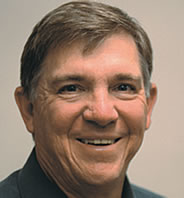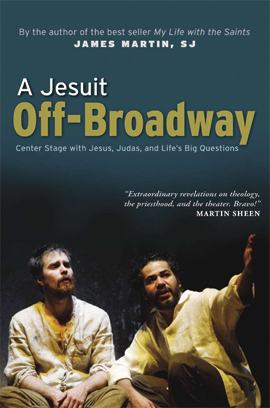
"My Name is Sangoel,"
written by Karen Lynn Williams
and Khadra Mohammed,
illustrated by Catherine Stock
Shaquille O'Neal was the name that broke the ice.
Across the United States a great angst was fomenting as families with non-traditional ethnic backgrounds named their children what to many "American" ears were strange sounding names.
Remember hearing folks ask "Why can't they give their kids a 'normal' name?"
Recall being stymied in trying to pronounce unique names, those with unique spellings, and especially names from other cultures?
Then came the personable, photogenic and talented basketball player named Shaquille. Our ears started to get used to the sound of a name that wasn't Tom or Dave, Jennifer or Jane.
The need for open-mindedness about unique names multiplies as refugees from around the world continue to flee war, hunger and oppression in lands where many names offer a test to American ears.
Authors Williams and Mohammed give us a different perspective on the phenomenon. In this colorful children's book, readers learn what it's like to be the African boy from Sudan who finds no one in his new country can pronounce his name.
Too different to even try
After his father is killed in war, Sangoel lives in a refugee camp until the day he and his mother and sister can emigrate to the United States.
Everything is new in this new land, and although he is only eight Sangoel is the man of the family, he takes responsibility to help his mother and sister make their way.
As the first-born son who as Dinka tradition has it is named after his father, his grandfather, and his ancestors through the ages, young Sangoel heeds his grandfather's parting words: "You will be Sangoel. Even in America."
That proves to be quite the challenge.
Hanging on to his name with pride, the boy despairs that no one in the United States -- not the social worker helping his family resettle, not doctors, not teachers, classmates, coaches or soccer teammates -- can rightly say his name.
Some don't even try -- an experience with which many an American with an ethnic last name can surely identify and empathize. People see an "ski," a "wicz," an accent mark or an apostrophe in a name and they don't even attempt to sound out a pronunciation.
In this beautifully illustrated work from the collection of Eerdmans Books for Young Readers, Sangoel's creativity enables him to teach others to say his name correctly -- and to be accepted in his new environment without leaving behind the heritage of his native homeland.
Reading "My Name is Sangoel" -- pronounced "Sun-Goal" -- makes for a teachable moment, an opportunity to address at least one prejudice our nation of immigrants can live without. -- bz



No comments:
Post a Comment